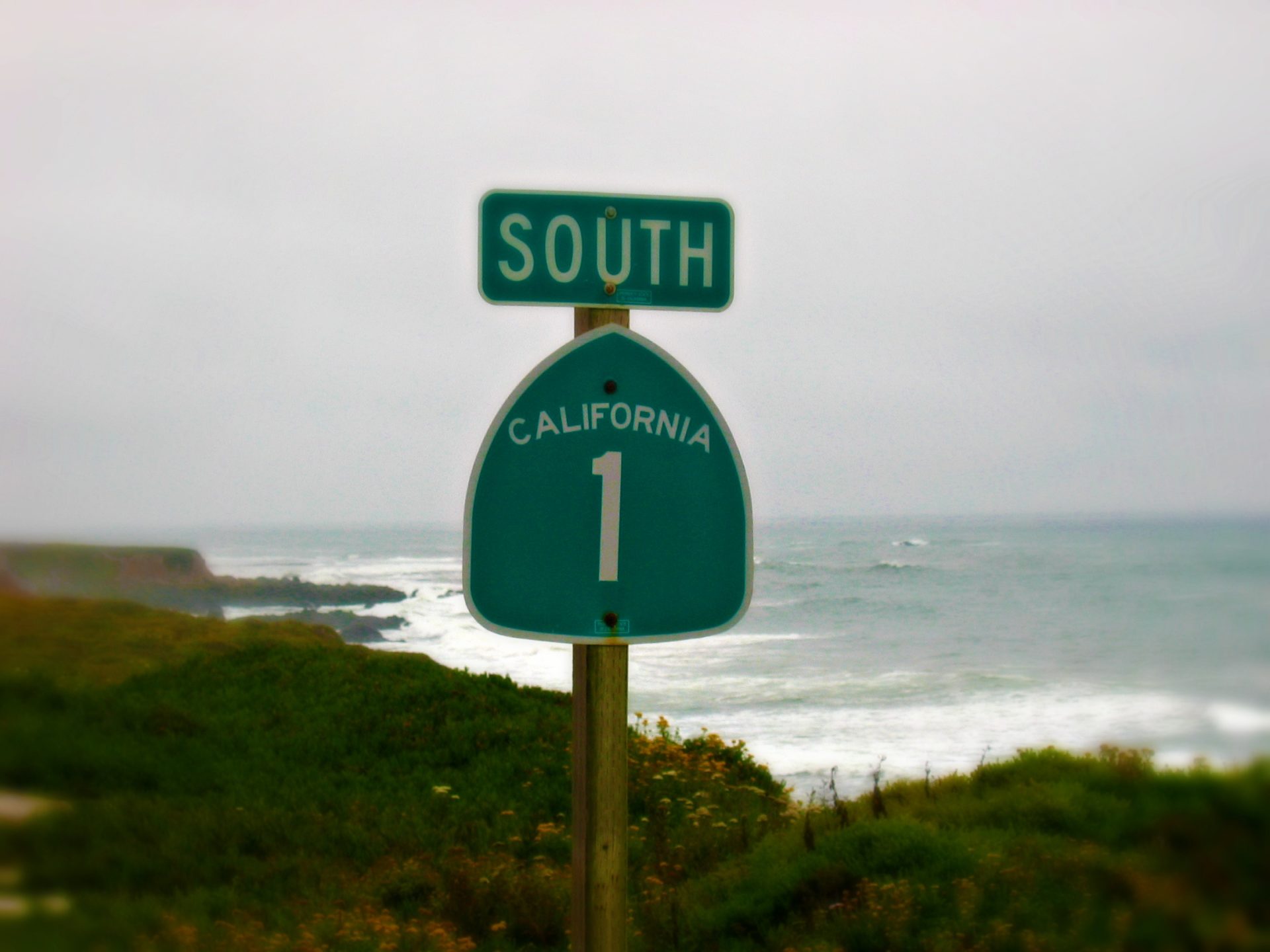Written by Leilani Doneux
To admit that I was afraid, I would also have to admit that when I committed to Roanoke College, at a dining room table in my home just outside of San Francisco, I did not entirely think it through. I knew the regional chasm ran wide and deep; I did not know that I would get lost in it.
I thought that leaving California would be easy, and that coming to the Commonwealth would look like a homecoming I cannot, in hindsight, fathom rationally; I have learned better since then than to assume that a continent of a country could look anything similar from sea to shining sea.
When I moved to Roanoke from San Francisco in August, I defaulted emotionally to a fourteen year-old self on a school field trip to Washington D.C. I glossed over the emotional impact I might be subject to, and the impact I might have on others who could not know what to do with my accent and ignorance. I came in with a highlight reel of biscuits and hospitality and unaware of the fraught identity and cultural politics that I had enlisted myself in.
It is those same rose-colored glasses of appropriation with which the rest of the country views the American South: a monolith of hollow cultural value, limited only to the literal and metaphoric material.
In truth, there is an expectation of the California ethos that the South be grateful for the way the coasts project unto it a judgement so complex and fearful, wrapped up in nearly two and a half centuries of American bedrock. I felt that fear when I went back again to California for the first time, during the Christmas holiday, when friends made sure to emphasize how impressed they were that I had decided to go to college in the South.
It was the same tone that upper-middle class, white mothers affect when they talk to their daughter’s friend who spent two weeks in an African country, taking pictures with Black children and not realizing the damage her volun-tourism had done.
Through the rose-colored glasses, I was doing a community service. I was bringing a civilized mindset to an uncivilized ethos.
I spent too much of my first semester pretending I did not want to cry, and listening to live recordings of musicians in the Live Lounge of KFOG, the FM radio station out of San Francisco and Oakland.
I waxed poetic to anyone and everyone about what I had left behind, even the good but especially the bad.
I slept a lot and not enough.
And when I finally started reading for fun again, as I avoided my political science textbook like it would strangle me, I started to notice the cultural patterns of an American upbringing, regionalism aside, that was indebted to the Southern Renaissance; that owes an entire West Coast musical culture which knows not from whence it came. I had not realized until I got here that what I heard in the music of the Monterey Jazz Festival on every school field trip as a child in music class, bloomed here.
There is a resentment in the American West of all that is not veneered with immaculata, and the South exemplifies an unrefined and unwavering complexity that is compounded by race, religion, culture, history, and humidity. California cannot fathom conviction apart from the removal of a Confederate monument because California does not contend with the appropriation of Confederate ghosts; California cannot fathom Southern intellectualism because it is not synonymous with its own definition of intellectual legitimacy. In the process, the “California” monolith dismisses groups that it claims to stand for: independent businesspeople, grassroots organizers, blue-collar workers, Queer Americans, and people of color.
The regional divide remains omnipresent in the American psyche. These biases are rooted in stereotypes that lack the context of culture. I feel that divide often; I speak to my friends at Roanoke differently than I speak to my friends in San Francisco.
Despite the contrast, however, fear, faith, and the understanding that it is “us” against the world have driven two facets of deeply American sentiment both wide apart, and head-to-head. How we reconcile that departure is not the question, but how we exist that way remains.




